This article was co-authored by Denise Stern and by wikiHow staff writer, Eric McClure. Denise Stern is a Parenting Specialist and the CEO of Let Mommy Sleep, the country’s leading Baby Nurse and Postpartum Care service. Denise specializes in providing nurturing care to newborns and evidence-based education to their parents. She holds a BA in Public Relations from North Carolina State University. Denise was the US Chamber of Commerce Leading Woman-Owned Business in 2013, a Washington FAMILY Magazine Mother of the Year in 2016, and on the elite White House Summit for Working Families hosted by the President and First Lady Obama in 2014. Let Mommy Sleep is the only company of its kind that holds a local government contract to teach newborn and postpartum care.
There are 17 references cited in this article, which can be found at the bottom of the page.
This article has been viewed 8,074 times.
Wondering when you can learn about your child’s biological sex? Your child will begin to develop sexual characteristics around the 14th week of pregnancy, but you may want to wait for the ultrasound at 18-21 weeks before you investigate your child’s sex. In this article, we’ll walk you through all of your options when it comes to determining your child’s sex. We’ll also debunk a few common myths about determining your kid’s sex at home. Read on to learn more!
Steps
References
- ↑ https://www.mayoclinic.org/healthy-lifestyle/pregnancy-week-by-week/in-depth/fetal-development/art-20046151
- ↑ https://www.nhs.uk/pregnancy/your-pregnancy-care/20-week-scan/
- ↑ https://www.ncbi.nlm.nih.gov/pmc/articles/PMC3530251/
- ↑ https://www.ncbi.nlm.nih.gov/pmc/articles/PMC5024945/
- ↑ https://www.ohsu.edu/sites/default/files/2019-06/Non-Invasive-Prenatal-Testing-FACTSHEET_1.pdf
- ↑ https://www.fhi.no/en/publ/2016/ikke-invasiv-prenatal-testing-nipt-for-kjonnsbestemmelse-av-foster.-metodev/
- ↑ https://www.parents.com/pregnancy/my-baby/gender-prediction/gender-prediction-kits-are-they-accurate/
- ↑ https://www.parents.com/pregnancy/my-baby/gender-prediction/gender-prediction-kits-are-they-accurate/
- ↑ https://www.mayoclinic.org/tests-procedures/amniocentesis/about/pac-20392914
- ↑ https://www.mayoclinic.org/tests-procedures/chorionic-villus-sampling/about/pac-20393533
- ↑ https://pubmed.ncbi.nlm.nih.gov/12124698/
- ↑ https://www.hopkinsmedicine.org/health/treatment-tests-and-therapies/chorionic-villus-sampling-cvs
- ↑ https://pubmed.ncbi.nlm.nih.gov/12124698/
- ↑ https://www.mayoclinic.org/tests-procedures/first-trimester-screening/about/pac-20394169
- ↑ https://www.jax.org/news-and-insights/jax-blog/2020/january/pre-natal-cell-free-dna-screening#
- ↑ https://www.nct.org.uk/pregnancy/worries-and-discomforts/common-discomforts/gender-positions-and-cravings-pregnancy-truth-or-myth
- ↑ https://www.uofmhealth.org/health-library/te6295
- ↑ https://pubmed.ncbi.nlm.nih.gov/25833467/
- ↑ https://www.nct.org.uk/pregnancy/worries-and-discomforts/common-discomforts/gender-positions-and-cravings-pregnancy-truth-or-myth
- ↑ https://www.ons.gov.uk/economy/environmentalaccounts/articles/whatisthedifferencebetweensexandgender/2019-02-21
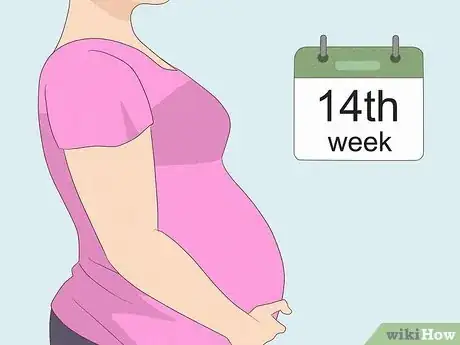
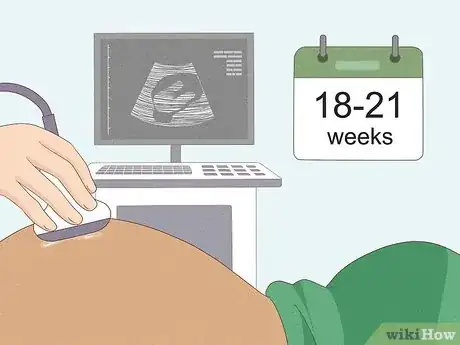
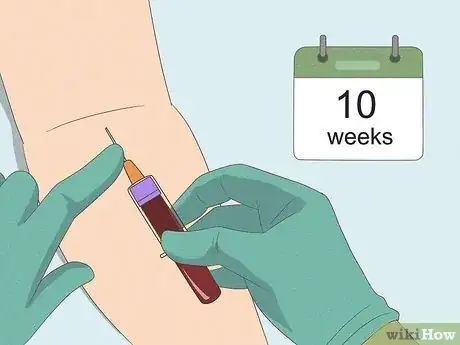
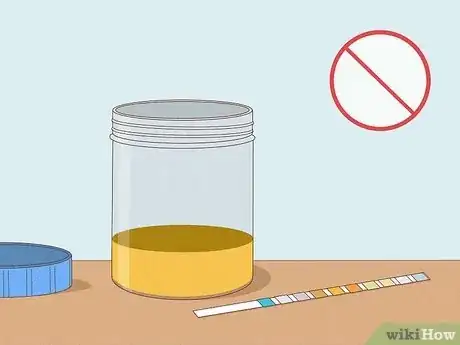
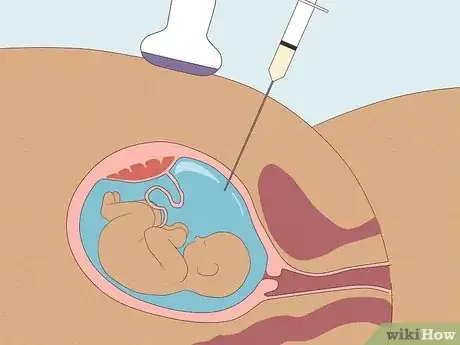
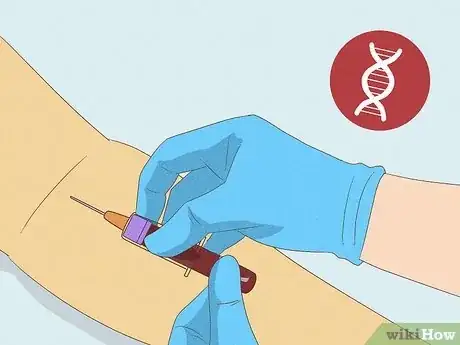
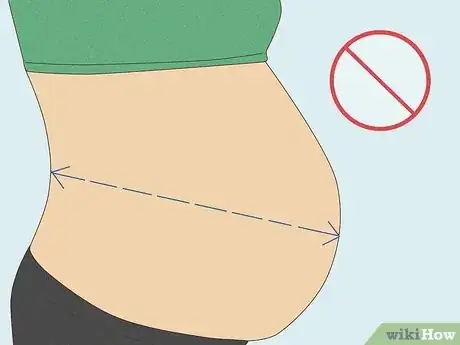
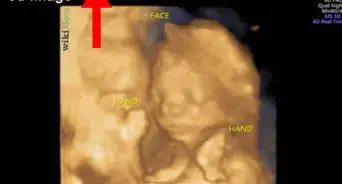

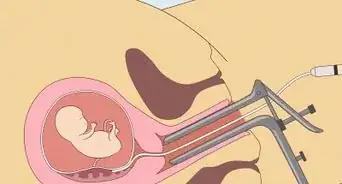

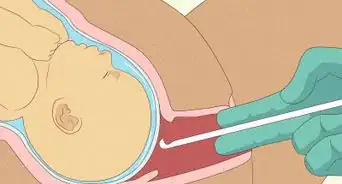


















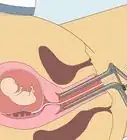




































Medical Disclaimer
The content of this article is not intended to be a substitute for professional medical advice, examination, diagnosis, or treatment. You should always contact your doctor or other qualified healthcare professional before starting, changing, or stopping any kind of health treatment.
Read More...